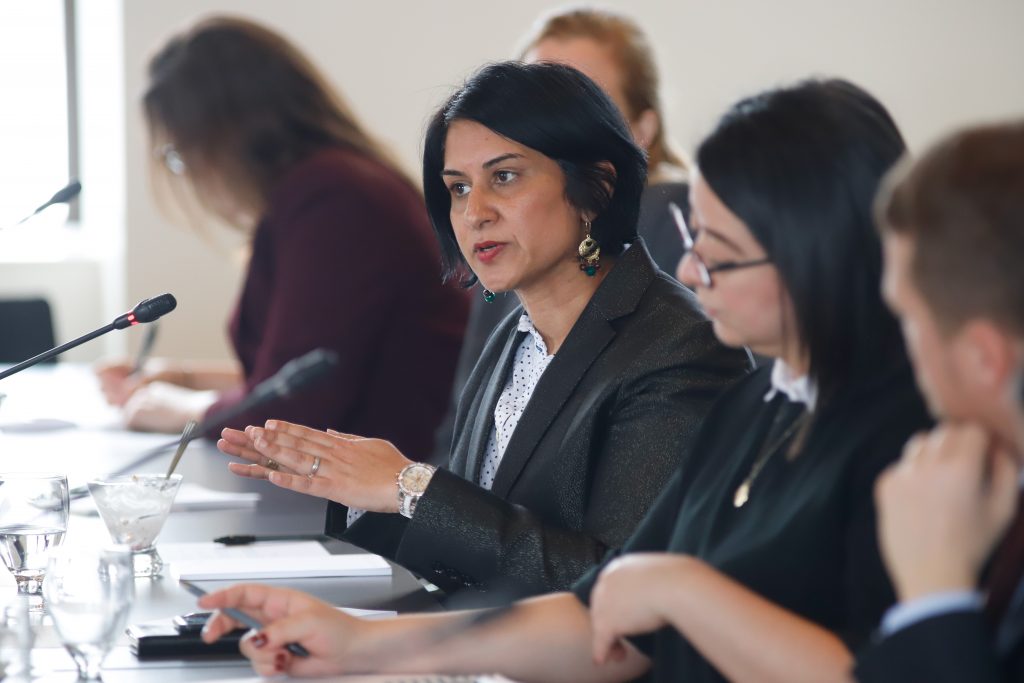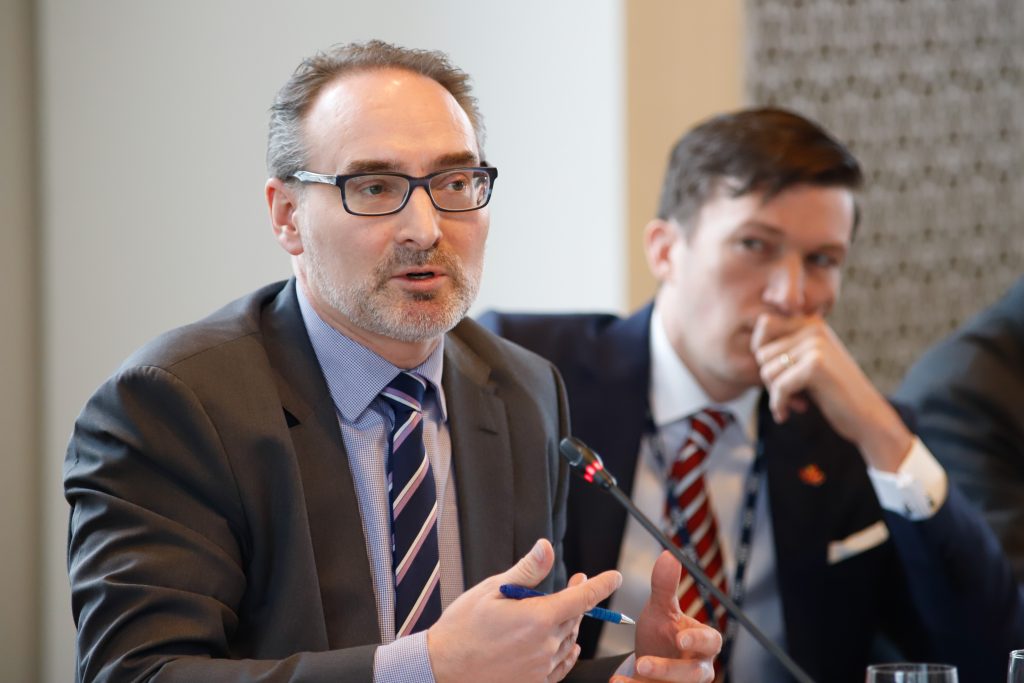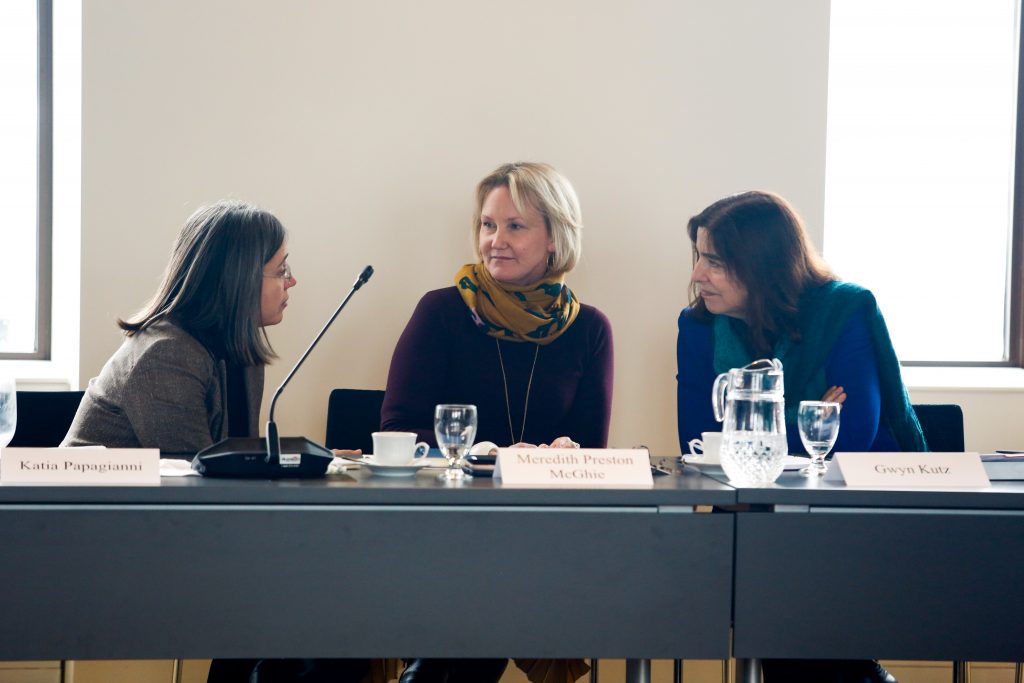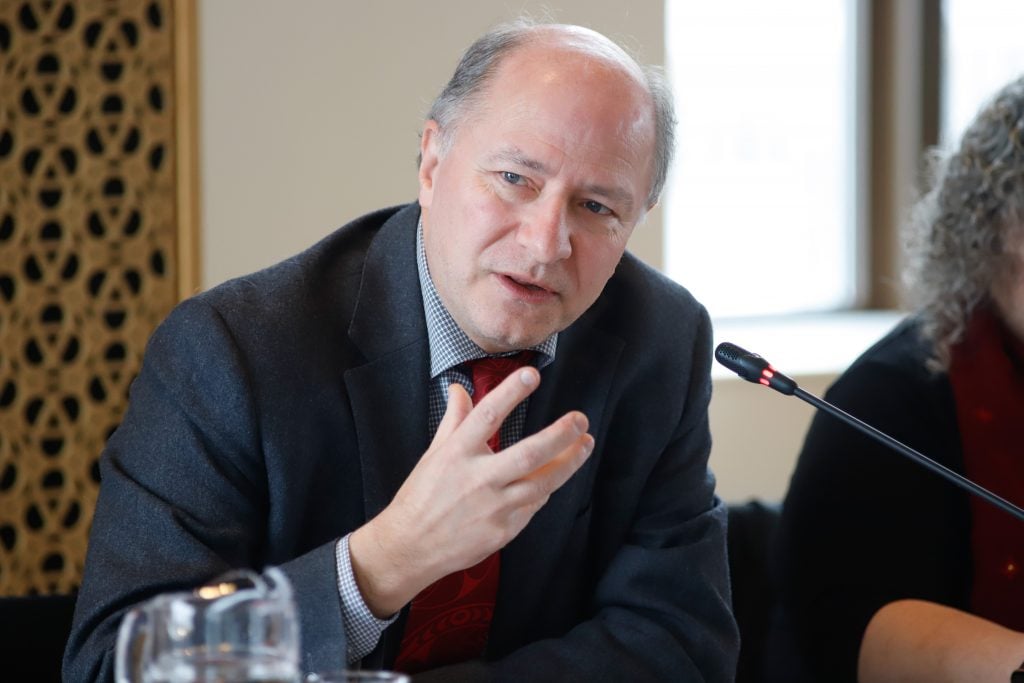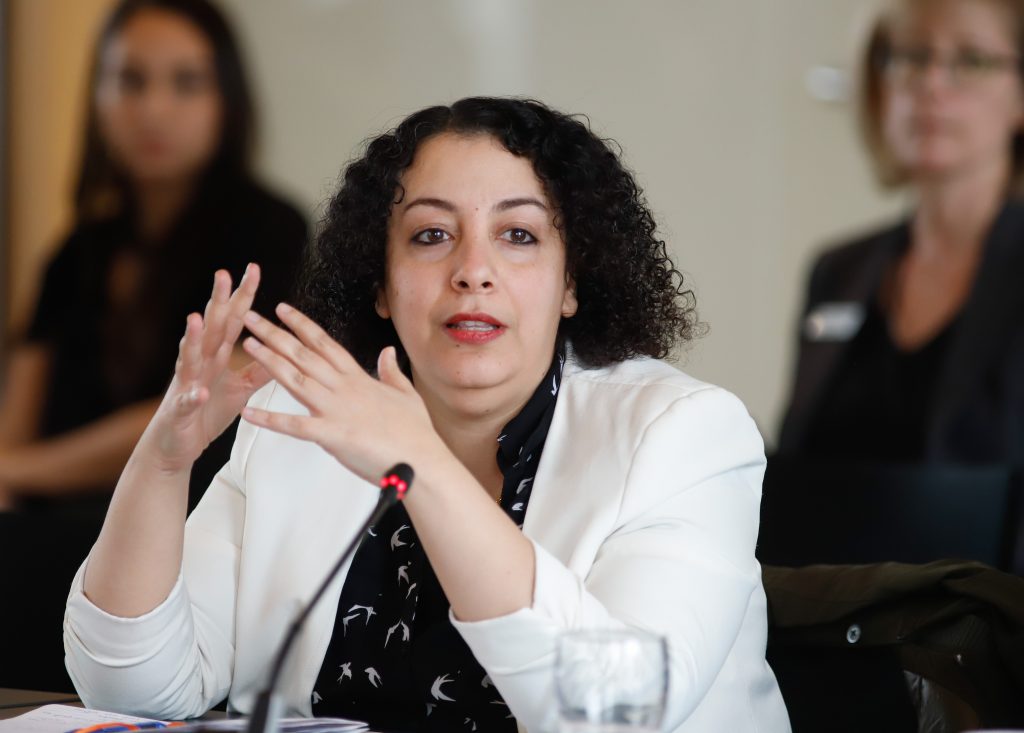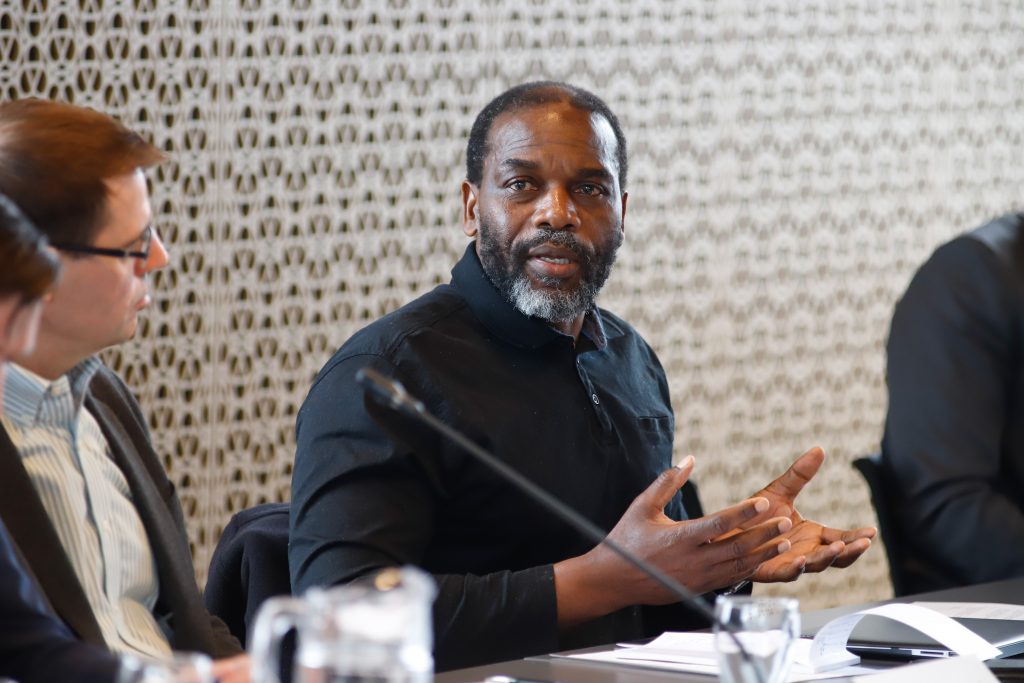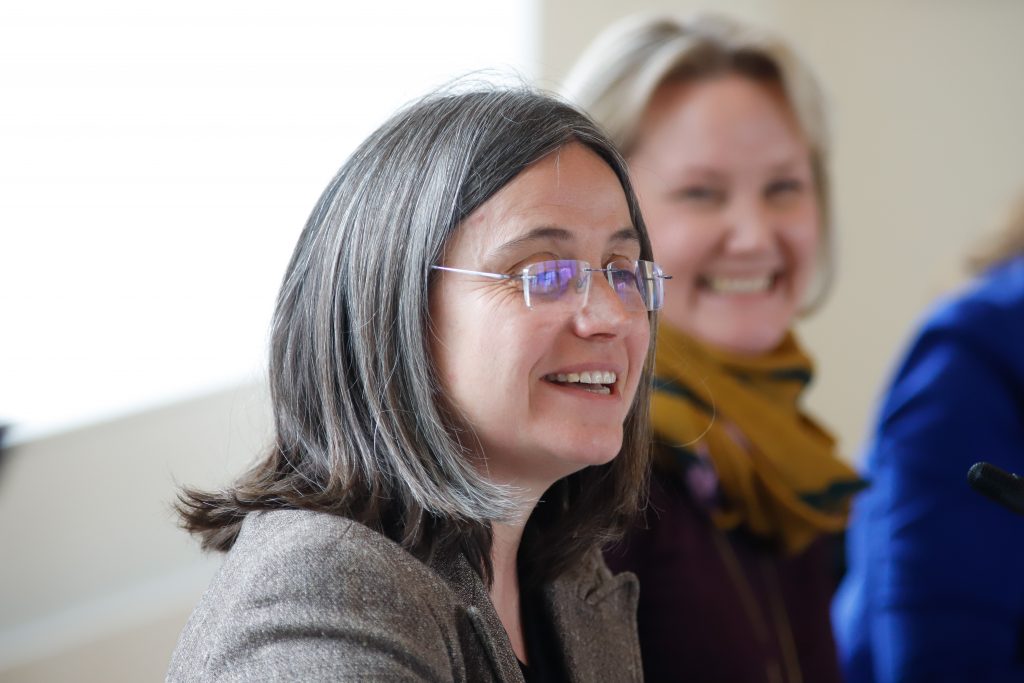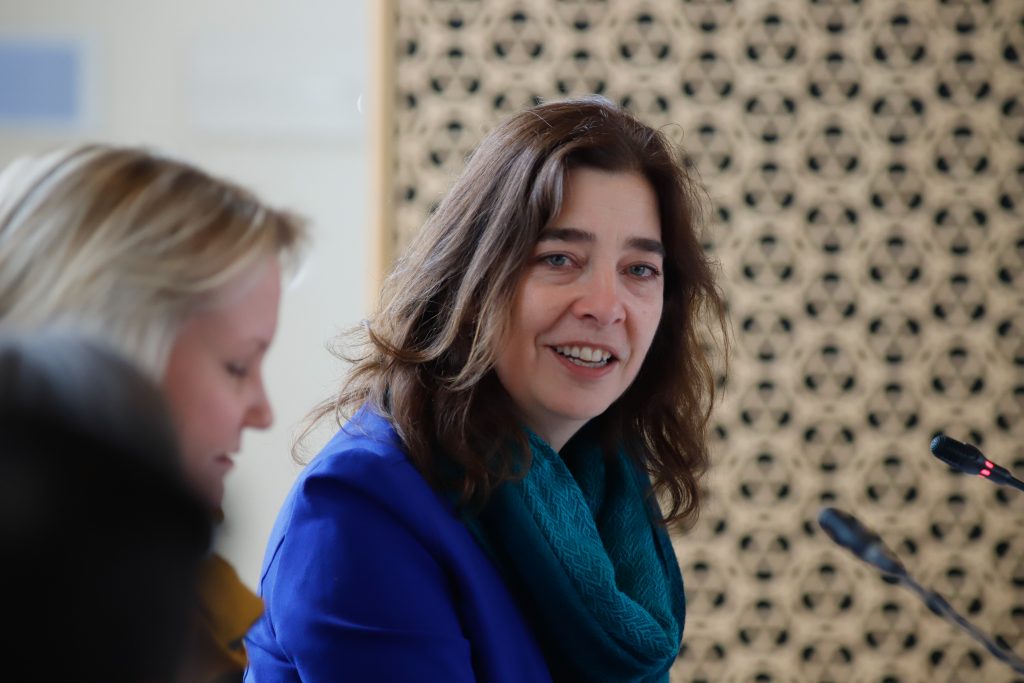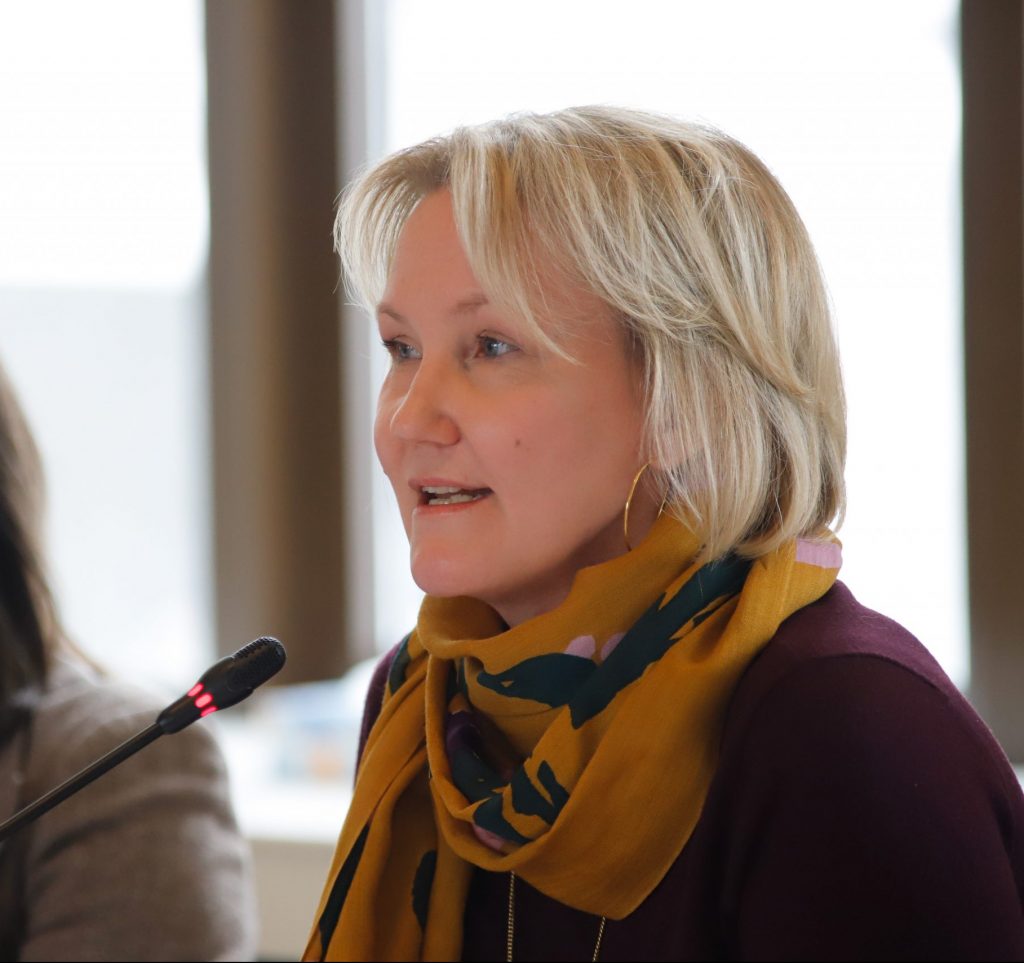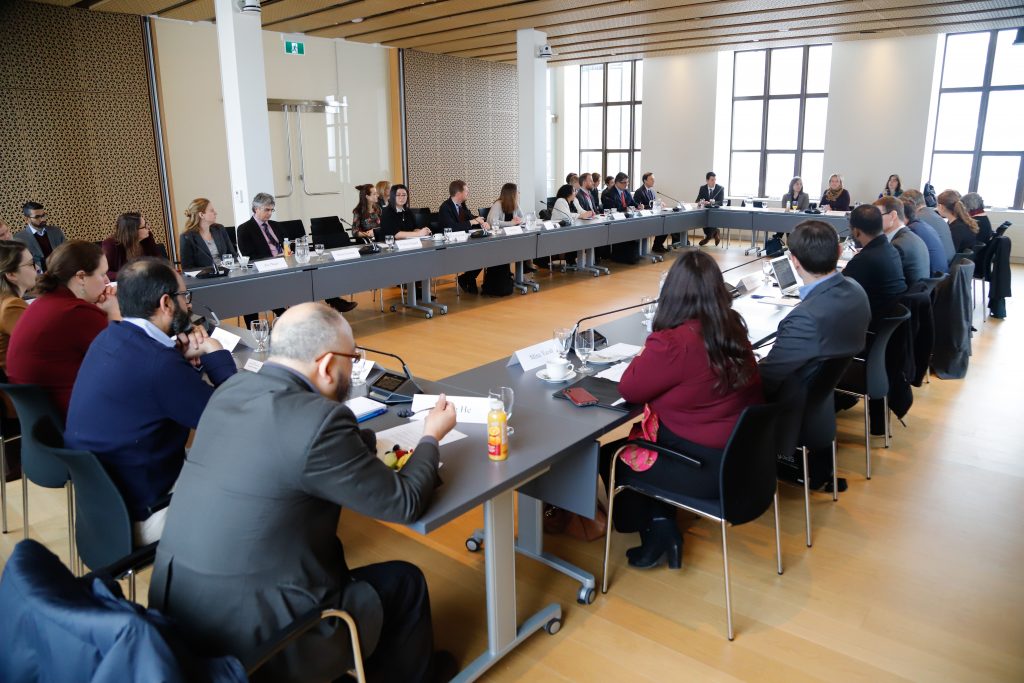How Can Pluralism Contribute to Building More Sustainable Peace?
Expert Roundtable on Global Peacemaking and Canada’s Role.
On March 6, 2020, the Global Centre for Pluralism hosted an expert roundtable to reflect on the state of peacemaking globally and the role Canada can play. Dr. Katia Papagianni, Director of Policy for the Centre for Humanitarian Dialogue (HD Centre) shared her thoughts on the changing landscape of peacemaking from the perspective of private diplomacy and her extensive experience in official peace processes.
Today, conflicts are more fragmented than ever. They last longer, are more deeply societal and identity-based, and engulf wider segments of society. At the heart of contemporary conflicts are exclusion and marginalisation. These failures of pluralism need to be considered more centrally in all elements of peace processes. While peacemaking faces major challenges today, Dr. Papagianni reminded the group that most conflicts in the past 30 years have ended in mediated settlements. It is therefore important to build on the gains peacemakers have achieved.
For peacemaking to foster inclusion, there needs to be a consistent and creative approach to the process. While inclusion has not progressed as far as many would like, there have been important advances and these have highlighted lessons for peacemakers. Dr. Papagianni offered the following pragmatic and practical guidance to achieve inclusion:
»Take an inclusive approach from beginning to end of the peace process, even if it fails, even if there is pushback. Preparation is critical, therefore, thinking about inclusion should begin very early. Consistency matters at all stages of a process to capitalize on opportunities for inclusion.
»What is written in the text of peace agreements matters. Important norms on democracy, rights, inclusion and respect should be included even if implementation is uneven. Too often, agreements today are thin on normative language. Having these commitments in writing will be important to longer-term outcomes.
»Work with friendly, supportive governments to achieve these aims. This backing is helpful to mediators and to those supporting the peace talks.
»Go beyond the negotiating table to diffuse conflict and take steps for peace. Create online spaces, for instance, where goal-oriented, inclusive dialogue can be fostered. Peace processes today are much more about a range of forums, not a single table, and we should take advantage of this.
Against this backdrop, the roundtable discussion at the Global Centre for Pluralism considered how Canada can play a transformative role in peacemaking and become an innovative leader in the field. These included reflections on how Canada can leverage its current role as Chair of the Peacebuilding Commission and in other multilateral institutions, as well as urging Canada to continue to work proactively with grassroots peacebuilders and leverage its relationships with like-minded governments to advance these important goals.
Read our summary of recommendations.
Dr. Katia Papagianni
Director for Policy and Mediation Support, Centre for Humanitarian Dialogue
Gwyn Kutz
Director General for Peace and Stabilization Operations Program, Global Affairs Canada
Meredith Preston McGhie
Secretary General, Global Centre for Pluralism

